Thomas J. Givnish
Henry Allan Gleason Professor of Botany and Environmental Studies
Ph.D. (1976) Princeton University • 315 Birge Hall • 608-262-5718 • givnish@wisc.edu
Plant ecology and evolution; adaptive radiation and molecular systematics;
phylogeography; physiological ecology; landscape dynamics
Botany/Forestry 455 – Vegetation of Wisconsin
We explore patterns in the composition, structure, and dynamics of Wisconsin plant communities in relation to climate, substrate, and disturbance, and consider how competition and other ecological forces, together with natural selection, help shape these trends by determining the biological properties and distributions of individual species. Lectures Tuesday and Thursday; eight Friday field trips, and a weekend expedition devoted to the communities and ecosystems of northern Wisconsin. Offered each fall.
Botany/Forestry/Zoology 460 – General Ecology
We address the processes that structure the distribution, nature, and dynamics of individual organisms, populations, communities, ecosystems, landscapes, and the biosphere. My version of the course emphasizes quantitative, theoretical, and experimental approaches, and the deep connections among ecology, evolutionary biology, and biogeography. Lectures Monday, Wednesday, and Friday; five field trips and ten indoor laboratories. Offered during the spring semester of odd-numbered years.
Botany 801 – Advanced Plant Community Ecology
I provide an integrated and predictive framework for examining patterns and processes at the community level based on elements of population biology, evolutionary biology, ecophysiology, biomechanics, and the ecology of communities, ecosystems, and landscapes. Topics covered include the analysis of ecological interactions; natural selection; economic theory; universal scaling laws; trends in community structure and phenology; interactions with pollinators, frugivores, and herbivores; gradient analysis; succession; nutrient cycling; and determinants of species richness and its ecological effects. Includes a one-week field trip to the Great Smoky Mountains in early April. Offered during the spring semester of even-numbered years.

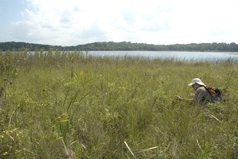
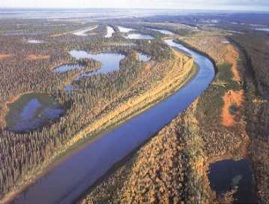
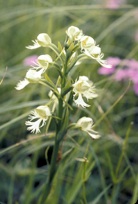
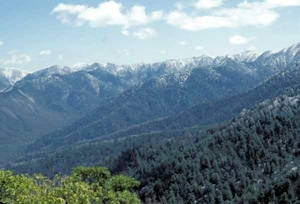
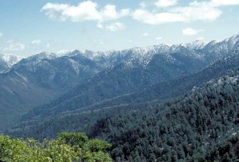
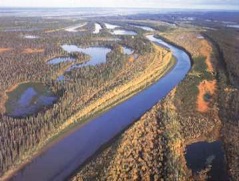
© 2021 University of Wisconsin Department of Botany
Last updated: 27 November 2021